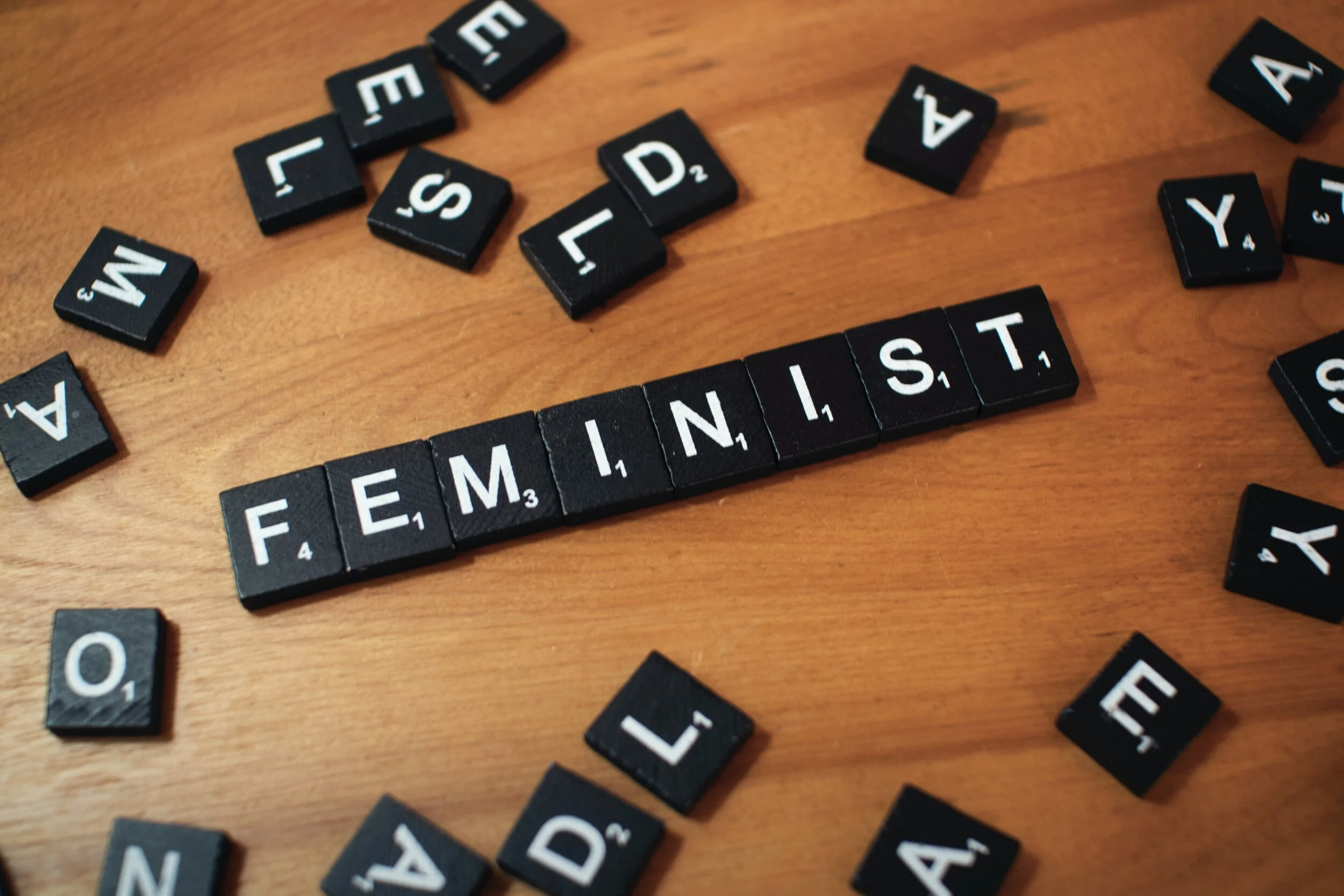THIS SERVICE IS NO LONGER AVAILABLE. THE INFORMATION ON THIS PAGE HAS BEEN ARCHIVED FOR READING PURPOSES ONLY.
This honours the intellectual and emotional labour of women of colour academics that underpins their desire for system change even if those efforts fail. It also helps people in the future to learn from what has and has not worked for them in the past.
Un/“un”conscious bias | Feminism | Intersectionality
Unconscious sexist bias and ensuing discrimination cannot be helped; its history, stereotypes, and self-fulfilling prophecies are thousands of years in the making.
But that doesn’t make it exempt from at least trying to hold it to account.
White women, women of colour, women with children, women without children, step mothers, single mothers, single women, larger women, body-conscious women, women with disabilities, children with disabilities, gay women, transgender women, binary-suffocating womyn, poor women, women who have been sexually assaulted, women who wear hijabs, women with names not easy to say, women with accents, older women, younger women – we are not the same; some of us are more privileged than others with less intersecting systems of oppression to navigate.
But we still share something: that we want to be seen for the women we are, not the men we are not.
Feminists are well versed with the adage ‘women work twice as hard to get half as far’. Neoliberalism privileges research over teaching, individualism over collectivism, and positivism over constructivism. These hierarchies favour men. They also in/explicitly require self-promotion and salami publishing. But women are either turned off by these expectations or do their best to keep up but just can’t. It is not women that need changing. It is the system and those who manage it. Applicants receiving mentoring helps, as does universities that get gender equity training, but something is still amiss. We talk more than we do. The rate of progress is too slow. Budgetary pressure is capitalising on invisible social forces. White privilege and patriarchy ensure that leadership is not as diverse as the pool of talent from which they came.
The same unconscious biases have systemic tilted power.
Change comes from doing things differently. Fresh non-white non-male eyes are needed. The consultancy service offered here is independent assessment of applications for promotion, that more sensitively takes into account low research opportunity, caring responsibilities on and off the job, team-based work, and previous industry experience; all of which are known to be possibly overlooked, yet continue to be too. Universities can use these reports to finalise their decisions.
They can be brave and ask, ‘what can’t I see?’ (braver still and ask, ‘what don’t I want to see?’).
When decision-makers hold on to ‘…but I didn’t mean it’, it allows the rhetoric of gender equity be to seen as having done enough.
Who’s an expert?
Less than 2% of Full Professors in Australia, US, and UK are women of colour [1], forgotten and left behind at the intersection of multiple ‘isms’. Accessing the services of a woman of colour is itself a demonstration of trying to do the right thing. It is handing over power to someone whose knowledge is “unconsciously” devalued. While it is not right by Indigenous people, it is true of human nature and history: immigrants want their “fair share” of the economic spoils of colonialism, but they are underestimated by those who are overestimated.




